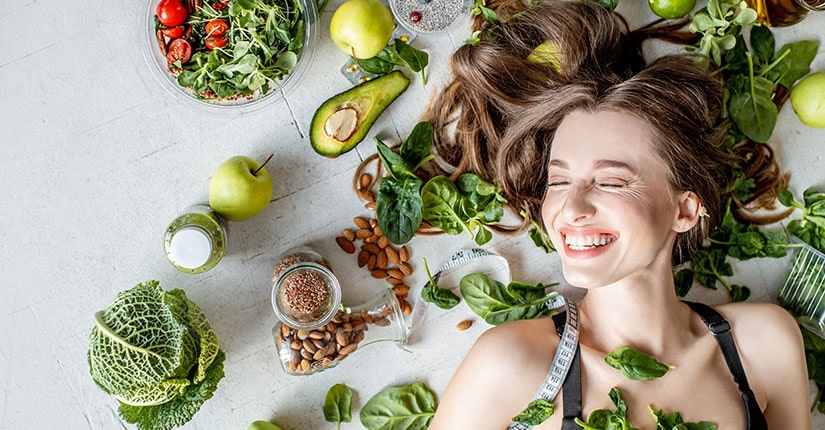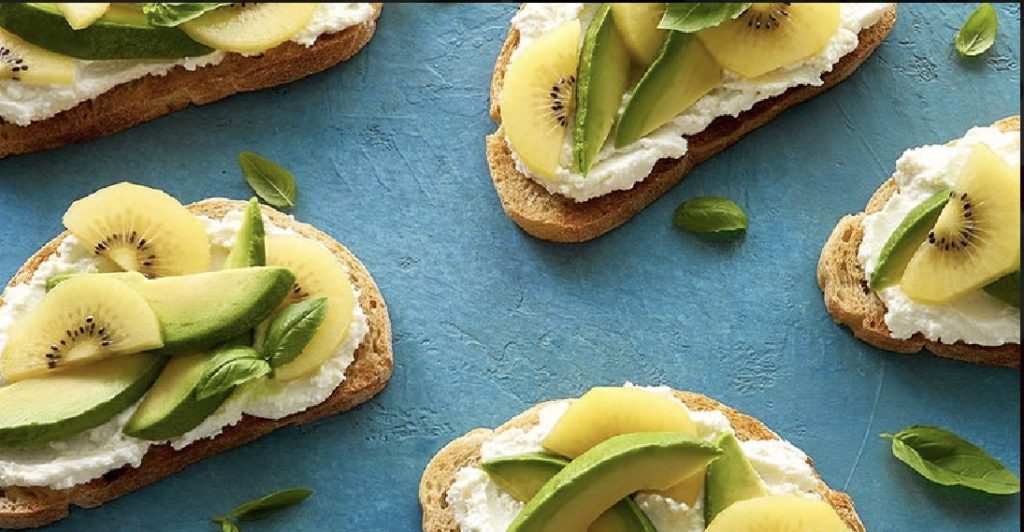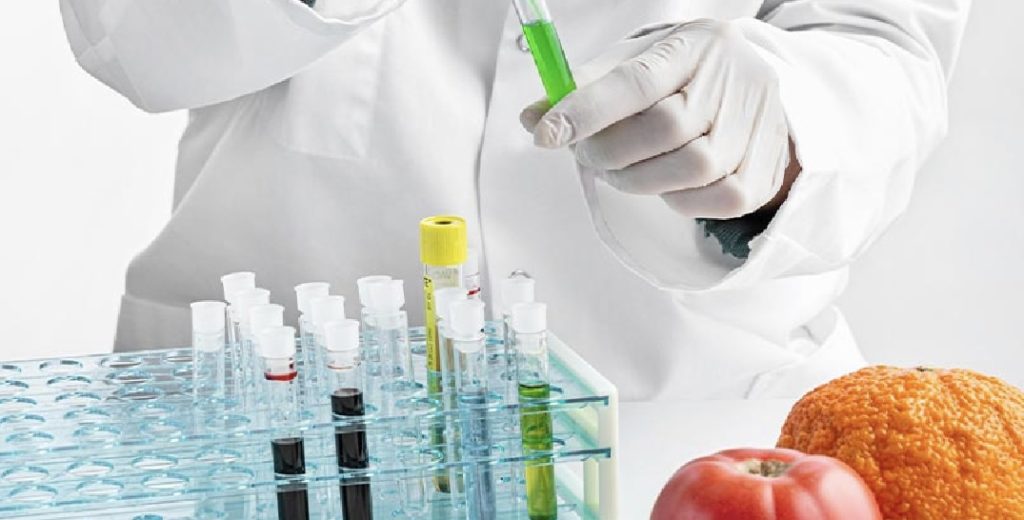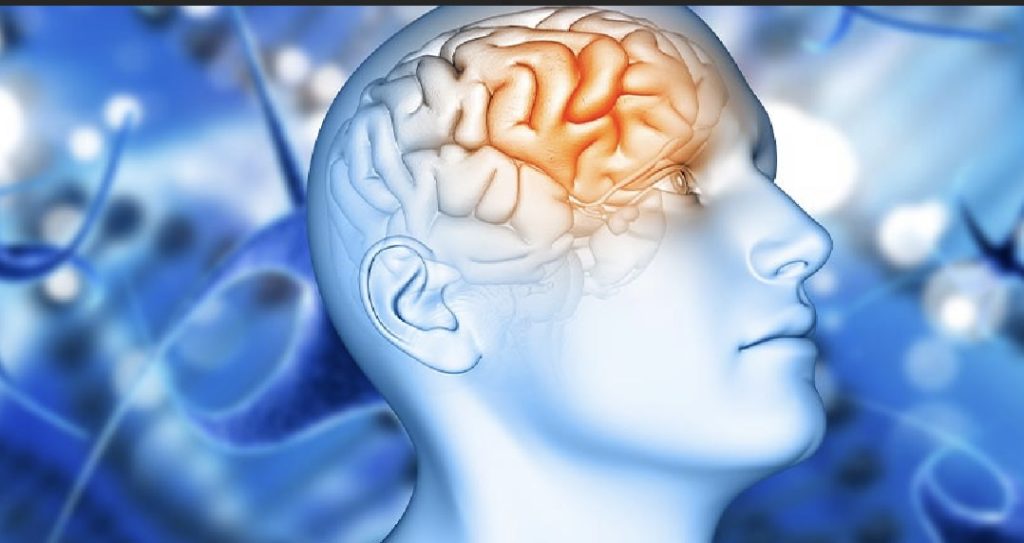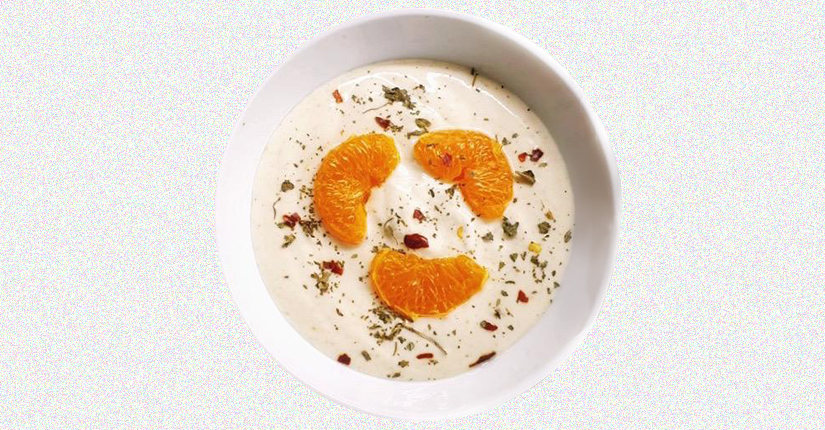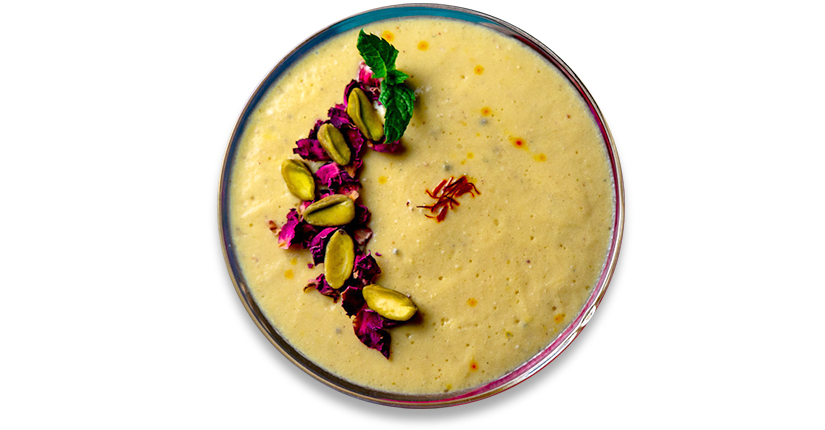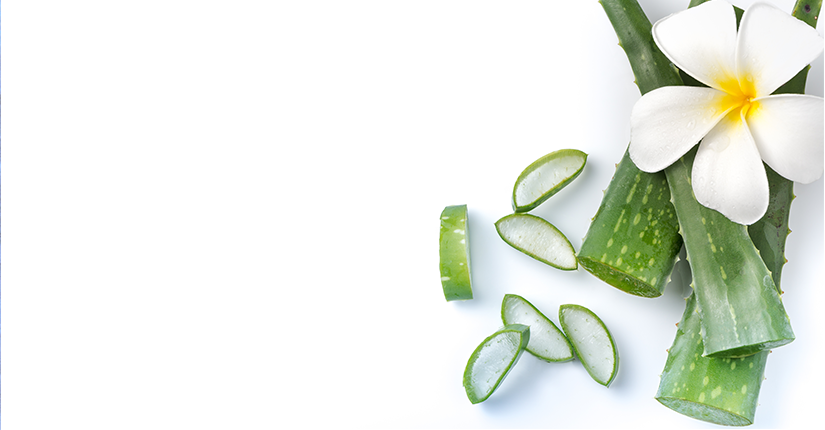Vitamins and Supplements Essential for Eye Health
By: Admin Date: 27-Aug 2021 Reading Time: 5 Mins
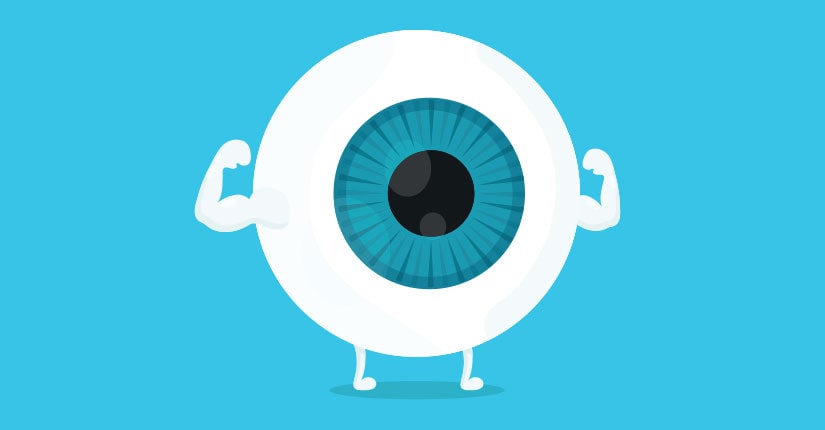
You all must have heard how much emphasis our parents used to put on eye health saying ‘A carrot a day keeps the eye problems away’ but guess what they were right. Deficiencies in some specific vitamins and minerals can increase the risk of some eye conditions, such as cataracts, glaucoma, and age-related macular degeneration (AMD). Some vitamins and supplements will help in protecting against or slow the development of these conditions.
In this article, we outline the vitamins and supplements that are essential for good eye health. Read below to further know about it:
- Vitamin A: A precursor to beta carotene, vitamin A is commonly found in foods like carrots, peaches, red bell peppers, mangoes. It can reduce eye inflammation, protect the eye’s surface, enhance the function of the immune system, and lead to better night vision.
- Vitamin C: This vitamin can support the blood flow in the vessels and helps to increase iron absorption. Vitamin C can also lower your risk for developing cataracts when taken as a regular supplement. We need this essential vitamin to be involved in nearly all levels of cellular function so do not forget to include Vitamin C in your diet by foods like orange, red and green bell peppers, spinach, and guava.
- B vitamins: B1, B2, B3, B6, B12, biotin, and folic acid are all B-complex vitamins. They can help to lower eye inflammation and therefore decrease problems involving the retina of the eye. Studies also show that it is effective for treating uveitis, an inflammatory eye condition that can lead to blindness. Foods rich in B vitamins are spinach, milk, eggs, fish, cheese, etc.
- Omega-3 essential fatty acids: Fish and fish oil are rich in fatty acids like omega-3s. They are involved in enhancing immune system function and healthy brain development. Two of the omega-3 fatty acids (DHA and EPA) help to improve retinal function and visual development. Omega-3s help to improve dry eye condition and degradation of the retina. Low levels of omega-3 fatty acids are often linked with dry eye syndrome and retinopathy, a disease that causes major damage to the retina.
- Zinc: Zinc can help your body to better absorb and use vitamin A. Zinc helps to enhance night vision as well as aid your body in producing protective pigment melanin in the eyes. Too much zinc can upset your stomach and cause issues, so you will need to carefully monitor the dosage of this supplement in your diet. Example – eggs, beans.
- Lutein and zeaxanthin: Lutein and Zeaxanthin are the antioxidants and carotenoids located in the eyes, which help to filter out high-energy blue and ultraviolet lights that can be harmful to the eyes. These carotenoids can be found in green leafy vegetables like spinach, kale, peas. Both Lutein and Zeaxanthin may help to minimize the risk for developing chronic eye diseases like cataracts or AMD and also help in increasing their density in the eyes. Examples of such foods are spinach, sweet corn, and red grapes.
Over to You:
A well-balanced diet rich in all the essential vitamins and minerals plays the main role in keeping your eyes healthy. In case of deficiencies in any of the above-mentioned vitamins, consult your doctor and get advice on the dosage required.
